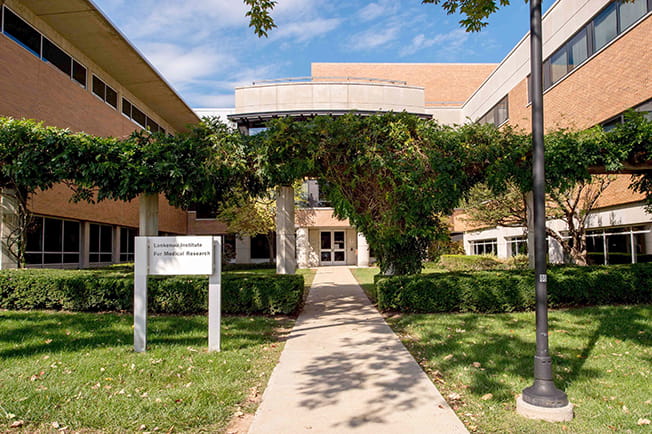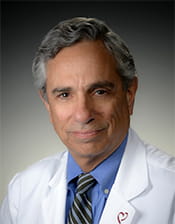Ablation is safe and effective in treating atrial fibrillation, research guided by Main Line Health expert shows

Working with researchers from America’s top institutions, Dr. Peter Kowey is senior author of a study assessing treatment for a condition linked to high stroke risk.
Wynnewood, PA — Atrial fibrillation (AFib) not only causes shortness of breath and palpitations but puts patients at increased risk of stroke. When medication or other treatments fail to relieve symptoms, cardiologists increasingly perform catheter ablation, which uses small burns or freezing to break up the electrical signals inside the heart responsible for the chaotic beats.

Now, researchers guided by Main Line Health's Peter Kowey, MD, one of the nation’s preeminent experts in treating arrhythmia, have delivered the most powerful evidence to date that the procedure is safe and effective.
Dr. Kowey is senior author of a new study published in the Journal of the American College of Cardiology showing the procedure is successful in most patients, with few side effects. Researchers from the Mayo Clinic, Cleveland Clinic, Yale University, Johns Hopkins and other top institutions conducted the study. As senior collaborator, Kowey was responsible for much of the process that produced the paper.
“I felt strongly it was a superior treatment option,” said Dr. Kowey, the William Wikoff Smith Chair in Cardiovascular Research at Lankenau Institute for Medical Research, part of Main Line Health. “But you can’t rely solely on personal experience. You need research. And the data from various clinical trials didn’t cover the majority of patients. We needed to create a comprehensive database to allow us to fully analyze the effectiveness and safety of the procedure.”
To address the gap in information, the American College of Cardiology developed the National Cardiovascular Data Registry of Atrial Fibrillation Ablation Procedures—the largest collection of data on ablation in the world. It included data submitted by hospitals from 76,000 patients covering 2016 to 2020. Dr. Kowey, system chief for cardiovascular services at Main Line Health from 1999 to 2016, served as chair of the inaugural registry steering committee and later the combined electrophysiology committee.
Successful treatment was achieved in 92.4% of patients, according to results from the first five years of the registry. Only 2.5% of patients experienced complications of any kind, and fewer than 1% had major complications including slow heart rate and heart failure.
AFib is the most common form of arrhythmia, affecting 34 million people worldwide, including more than 5 million in the United States. In addition to stroke, it has also been associated with dementia, heart failure and decreased quality of life.
About Lankenau Institute for Medical Research
Lankenau Institute for Medical Research (LIMR) is a nonprofit biomedical research institute located on the campus of Lankenau Medical Center and is part of Main Line Health. Founded in 1927, LIMR's mission is to improve human health and well-being. Using its ACAPRENEURIALTM organizational model that integrates academic and entrepreneurial approaches, faculty and staff are devoted to advancing innovative new strategies to address formidable medical challenges including cancer, cardiovascular disease, tissue regeneration, gastrointestinal disorders and autoimmune diseases such as rheumatoid arthritis. LIMR's principal investigators conduct basic, preclinical and clinical research, using their findings to explore ways to improve disease detection, diagnosis, treatment and prevention. They are committed to extending the boundaries of human health through technology transfer and training of the next generation of scientists and physicians.